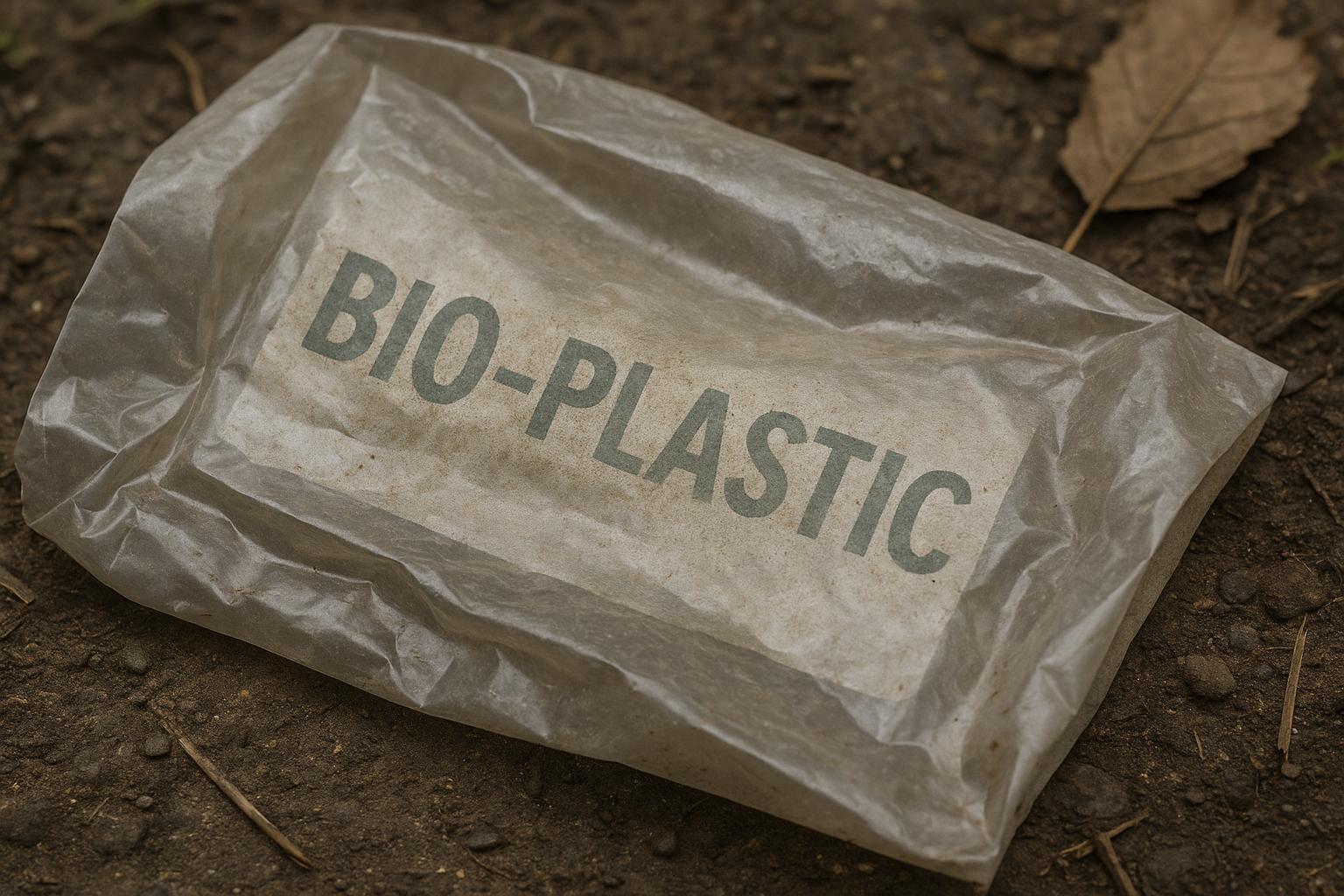A new report from BB-REG-NET has highlighted significant regulatory inconsistencies in how "plastic" is defined across UK legislation, creating challenges for manufacturers of bio-based and biodegradable materials and potentially hindering sustainable innovation. The report, titled Plastic definitions in UK regulation: How plastic is defined in regulations and implications for bio-based and biodegradable alternatives, reveals that major UK regulations such as the Single-Use Plastics Ban (SUPB) and the Plastic Packaging Tax (PPT), although both referencing the REACH polymer definition, apply divergent exclusions that lead to regulatory confusion and market uncertainty.
Specifically, the SUPB excludes all "natural polymers that have not been chemically modified," whereas the PPT exempts only "cellulose-based polymers that have not been chemically modified." This discrepancy means that certain materials, including starch and polyhydroxyalkanoates (PHAs), are treated inconsistently—starch is exempt from the SUPB but subject to the PPT, and PHAs, despite being naturally produced, are considered plastics under both regulations. Such inconsistency complicates compliance for manufacturers and investors developing novel bio-based alternatives derived from plant proteins, seaweed, alginates, or chitin, who face a patchwork of definitions and a lack of clarity around key terms like "chemical modification" or "natural polymers." The European Chemicals Agency (ECHA) guidance further complicates matters by indicating that industrially fermented polymers may not count as "natural" despite their structural identity to naturally occurring substances.
This regulatory ambiguity also spills over into consumer perception. Public attitudes towards plastics, increasingly negative due to environmental concerns, drive companies to seek "plastic-free" certifications, even when their materials may technically qualify as plastics under existing regulatory definitions. This dissonance between public and regulatory definitions contributes to market confusion around labelling and claims, potentially undermining consumer trust.
Experts stress that harmonisation across the regulatory landscape is crucial. The BB-REG-NET report recommends aligning definitions of plastic to ensure that materials with similar properties are treated consistently, clarifying terminology such as "natural polymers" and "chemical modification," and developing assessment protocols that accommodate emerging technologies. Aligning policy objectives with environmental outcomes rather than strictly the origins of materials could also ensure regulations better support sustainability goals.
Industry voices like Alexandra French, CEO of Xampla, underscore the need for standardised definitions, stressing that clear regulatory frameworks can foster both consumer confidence and innovation. Xampla has benefited from developing materials classified as "natural polymers" under EU REACH regulations, recognised by the SUPB and validated as "plastic-free" by the UK's National Physical Laboratory (NPL), which has pioneered methods for accurately assessing if a material is truly plastic-free.
This pursuit of clarity and consistency is echoed in wider European efforts. The European Commission recently released a framework designed to standardise definitions and promote innovation in bio-based and biodegradable plastics, underpinning the EU's broader sustainability ambitions. UK government initiatives including calls for evidence on the sustainability of bio-based and biodegradable plastics aim to complement these efforts by identifying gaps and harmonising technical standards.
Nevertheless, the lack of internationally binding definitions and standards, as highlighted by academic commentary, continues to pose significant obstacles for the bio-based plastics industry. Without coherence and clarity, regulatory grey areas risk discouraging investment and slowing the commercialisation of sustainable materials. Industry submissions to UK parliamentary committees further advocate for definitions that exclude natural polymers from plastic classifications, reinforcing the need for regulatory frameworks that stimulate, rather than stymie, bio-based innovation.
In sum, while the UK's regulatory landscape currently exhibits fragmentation that hinders the advancement of bio-based and biodegradable alternatives, ongoing efforts by research bodies, government agencies, industry innovators, and European institutions signal a growing recognition of the need for harmonised, clear, and forward-looking definitions. Bridging these gaps is essential to unlocking the full potential of sustainable materials and moving closer to a plastic-free future.
📌 Reference Map:
- Paragraph 1 – [1], [2]
- Paragraph 2 – [1], [7]
- Paragraph 3 – [1], [2]
- Paragraph 4 – [1], [7]
- Paragraph 5 – [1], [4]
- Paragraph 6 – [1]
- Paragraph 7 – [3], [5], [4]
- Paragraph 8 – [6]
- Paragraph 9 – [7]
- Paragraph 10 – [1], [2], [3]
Source: Noah Wire Services
